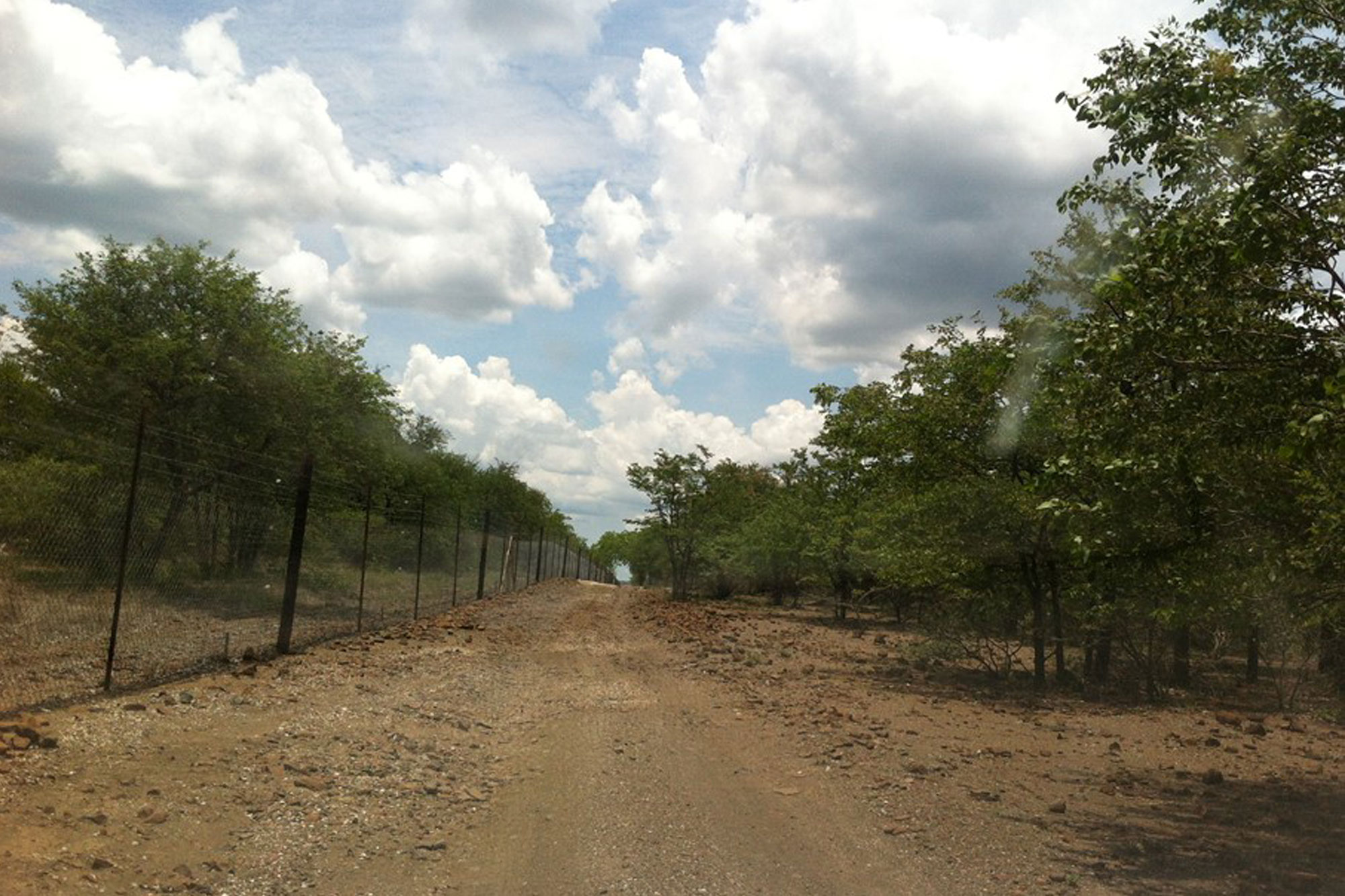Congratulations to Dr Amber Abrams who successfully defended her PhD thesis, ‘Wellbeing on the edge: The dynamics of Musundian edge-dwelling on the boundaries of protected natural areas in Limpopo, South Africa.’
Amber’s thesis examined the impacts of a protected natural area, or park, on efforts to achieve wellbeing among residents who live on its boundary fence in Limpopo, South Africa. When humans are not afforded a place in protected spaces, ‘edge-dwellers’ emerge as land use and access limitations impact the availability of strategically important resources, and thus influence a wide range of processes that impinge on an individual’s wellbeing. Her thesis focuses on everyday practices and foregrounds local notions of health and perceptions of natural resource limitations imposed by the park as a way to understand edge-dwellers’ local ecologies of wellbeing (Cohen 2013).
While the thesis highlights the negative impacts that the park has on resource access, diet, relationships and local healing practices, Amber discusses how she came to realise that the park is also locally understood to offer ‘good things.’ Exploring the ways in which hope and the park intersect, Amber describes how the park has become incorporated into local ecologies of wellbeing, thereby contributing to social anthropology scholarship at the intersection of environmental and medical anthropology. In doing this, the thesis draws on related disciplines in the social sciences, contributing to literatures in human geography, public health and ecology.

